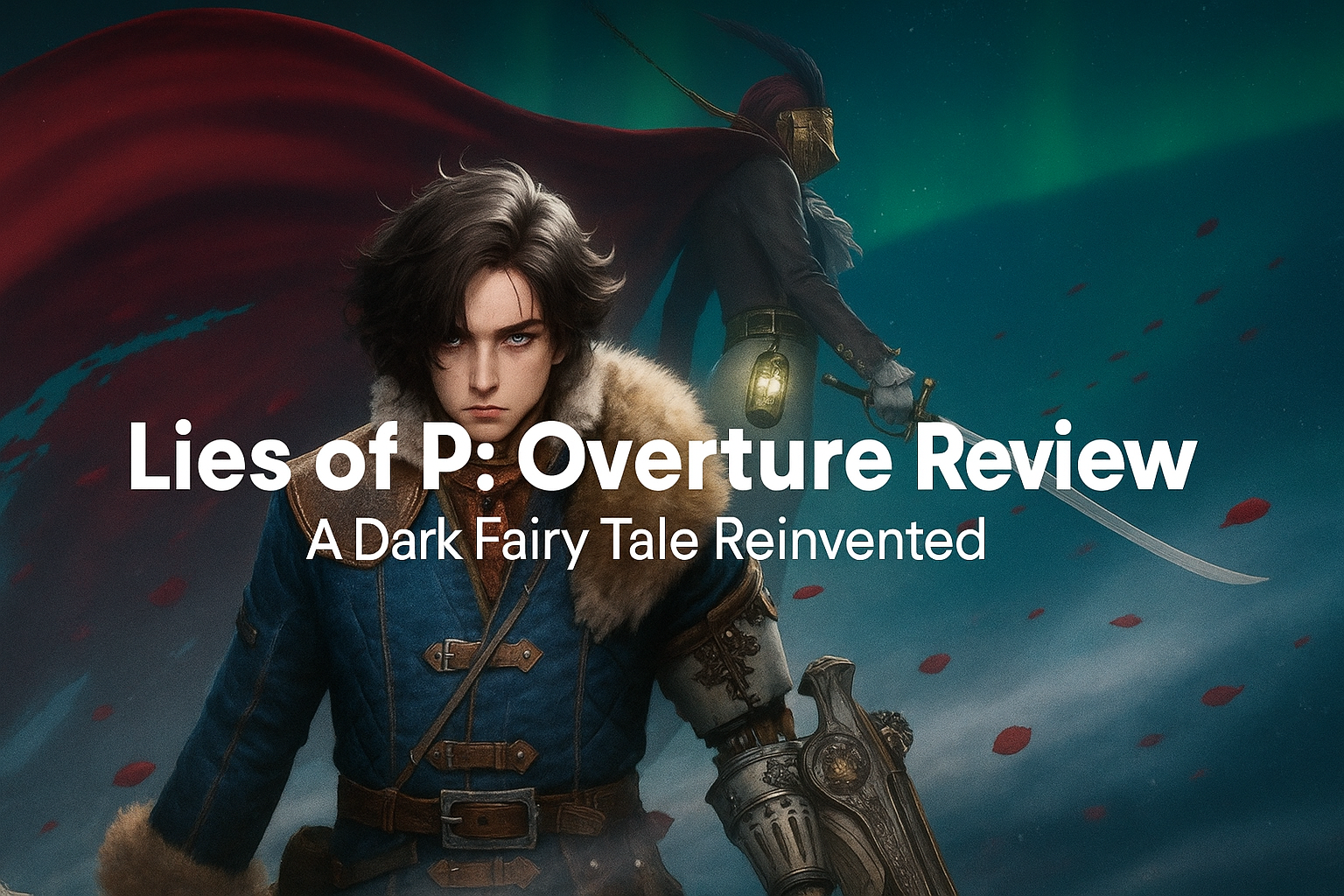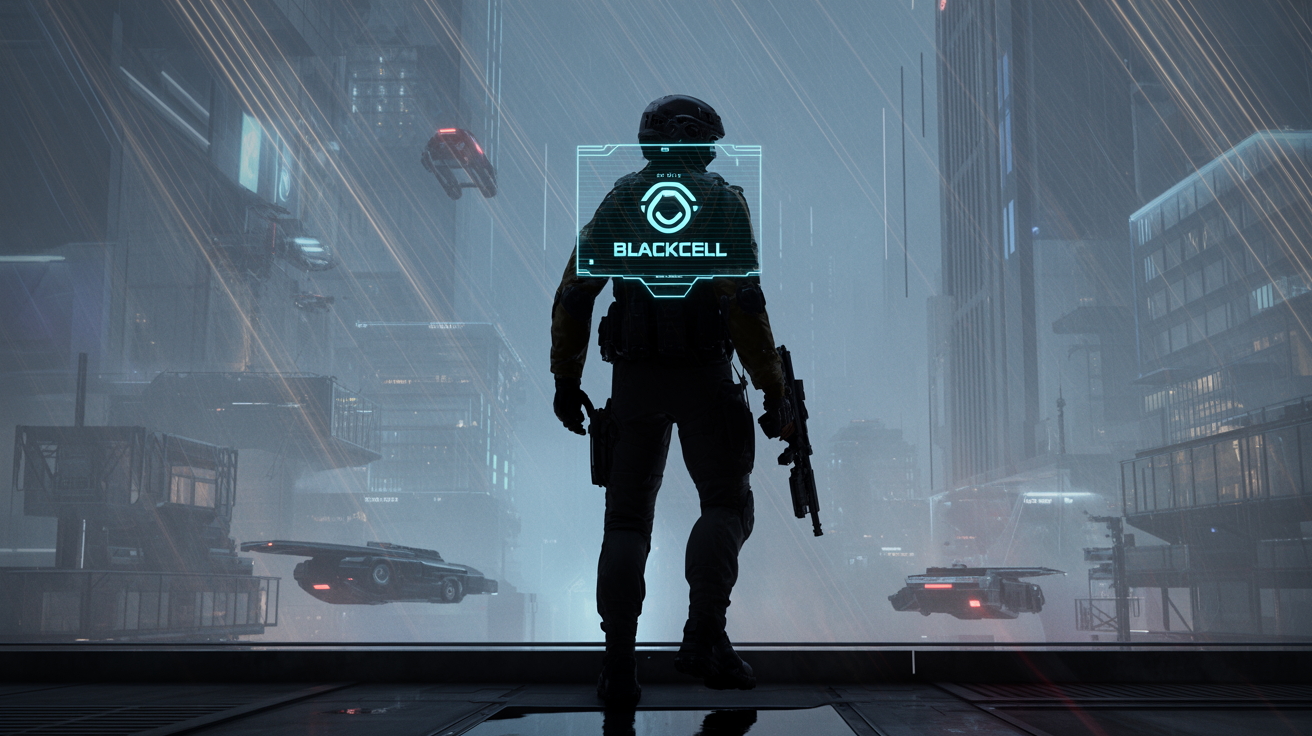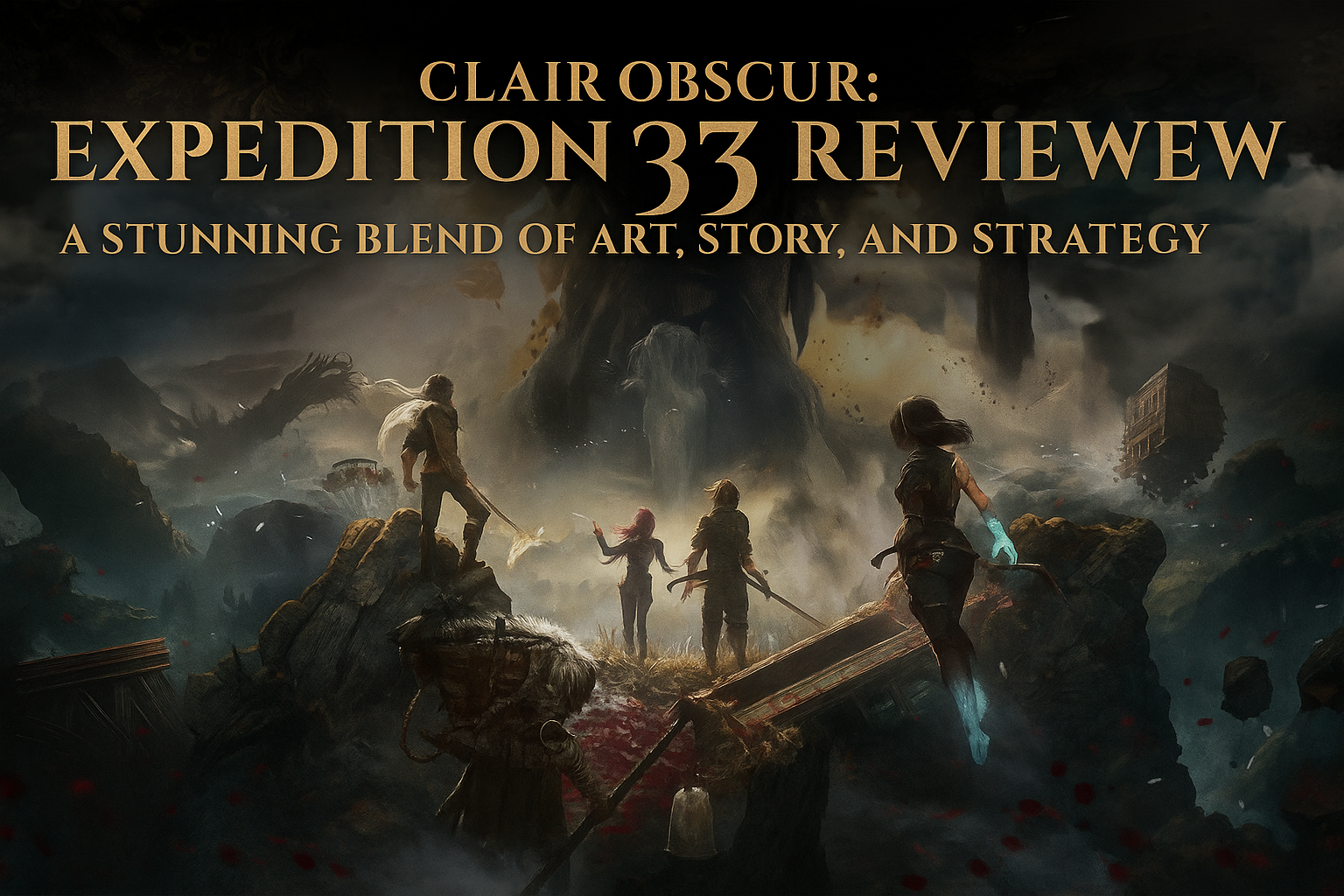Lies of P: Overture is not your typical action RPG. It takes the bones of a beloved fairytale and reconstructs them into something darker, more visceral, and far more challenging. Set in a grim, Belle Époque-inspired city plagued by madness and malfunctioning puppets, this game puts a sinister twist on the story of Pinocchio, turning it into a brutal and thought-provoking journey.

Story and Worldbuilding
The narrative unfolds in the fictional city of Krat, a once-thriving metropolis now reduced to chaos. You play as P, a puppet brought to life by Geppetto. But this isn’t the puppet from your childhood storybooks. P is a silent, stoic figure navigating a decaying city filled with rogue machines and corrupted humans.
What makes Lies of P: Overture particularly compelling is its moral system—the “Lie System.” Unlike traditional RPG morality mechanics, this one is subtle and impactful. Your choices, whether to lie or tell the truth, influence character arcs, unlock secret content, and determine which of the multiple endings you’ll reach. The more you lie, the more human you become. It’s a chilling inversion of the original story, and one that raises philosophical questions about identity and free will.
Krat itself is a masterclass in environmental storytelling. From abandoned opera houses to blood-soaked puppet factories, every location is layered with detail. Lore is embedded in item descriptions, scattered notes, and eerie encounters with NPCs who all seem to be running from—or toward—something tragic.
Gameplay and Combat Mechanics
At its heart, Lies of P: Overture is a soulslike experience, clearly inspired by FromSoftware’s legacy but not without its own innovations. Combat is deliberate, punishing, and highly skill-based. Timing, dodging, and managing stamina are essential, especially when facing off against the grotesque puppet monstrosities and plague-ridden bosses that populate Krat.
The game introduces a robust weapon assembly system. Instead of just finding or upgrading weapons, you can dismantle and reconfigure them—combining different blades with handles to suit your preferred fighting style. Whether you favor fast, agile strikes or slow, crushing blows, the game allows for extensive customization.
Another unique feature is the Legion Arm, P’s mechanical arm that can be outfitted with special tools such as flamethrowers, grappling hooks, or shock cannons. This adds a layer of strategy to combat, allowing players to exploit enemy weaknesses or control the battlefield more effectively.
The difficulty is unapologetically steep. Bosses are multi-phase spectacles with distinct attack patterns and punishing damage. But victory is immensely rewarding, thanks to responsive controls and a satisfying sense of progression.

Visual Design and Atmosphere
Visually, Lies of P: Overture is nothing short of stunning. The art direction blends Gothic horror with steampunk aesthetics, creating an oppressive yet beautiful world. The lighting is moody and dramatic, often making you question what’s lurking just beyond the shadows.
The animations are fluid and polished, especially during combat and cutscenes. Enemy design is particularly impressive—each foe looks uniquely grotesque, with twisted bodies and erratic movements that keep you on edge.
Sound design further enhances the immersive experience. The ambient soundtrack is melancholic and eerie, accentuating the loneliness and despair that permeate Krat. Voice acting, though sparse, is emotionally grounded, and the clanking of metal limbs or distant screams adds a layer of psychological tension.
Progression, Replay Value, and Endings
Progression in Lies of P is layered and deeply rewarding. Players earn “Ergo” (the in-game currency) to level up attributes such as health, stamina, strength, and technique. The game also encourages exploration, rewarding those who venture off the beaten path with powerful items, hidden lore, and secret side quests.
The branching narrative structure means no two playthroughs are exactly the same. Choices during pivotal moments shape relationships, influence side missions, and ultimately decide the fate of P and the world around him. With multiple endings and New Game Plus options, replayability is a key strength of the title.
System Requirements
Minimum Requirements:
- OS: Windows 10 (64-bit)
- Processor: Intel Core i5-7500 / AMD Ryzen 3 1200
- Memory: 8 GB RAM
- Graphics: NVIDIA GeForce GTX 1050 Ti / AMD Radeon RX 560
- DirectX: Version 12
- Storage: 50 GB available space
Recommended Requirements:
- OS: Windows 10/11 (64-bit)
- Processor: Intel Core i7-8700 / AMD Ryzen 5 3600
- Memory: 16 GB RAM
- Graphics: NVIDIA GeForce RTX 2060 / AMD Radeon RX 6700 XT
- DirectX: Version 12
- Storage: SSD with 50 GB available space
Pros and Cons
Pros:
- Deeply immersive and morally complex storyline
- Unique lie system with impactful consequences
- Highly customizable weapons and combat styles
- Gorgeous art direction and haunting soundtrack
- High replay value with multiple endings
Cons:
- Steep difficulty curve may deter newcomers
- Some enemy encounters can feel repetitive
- Occasional camera and lock-on issues in tight spaces
- Sparse fast-travel options may lead to backtracking frustration

Final Thoughts
Lies of P: Overture is a bold and brilliant reinterpretation of a timeless tale. With its gripping atmosphere, punishing combat, and narrative depth, it stands out as one of the most memorable action RPGs in recent years. It challenges not only your reflexes but your ethics, offering a dark and unforgettable journey into what it means to lie—and to become human.
Whether you’re a veteran soulslike player or a fan of dark fantasy narratives, this is a game that demands your attention. It doesn’t hold your hand, and it won’t forgive your mistakes, but it will reward your courage with a haunting story and world worth exploring.






